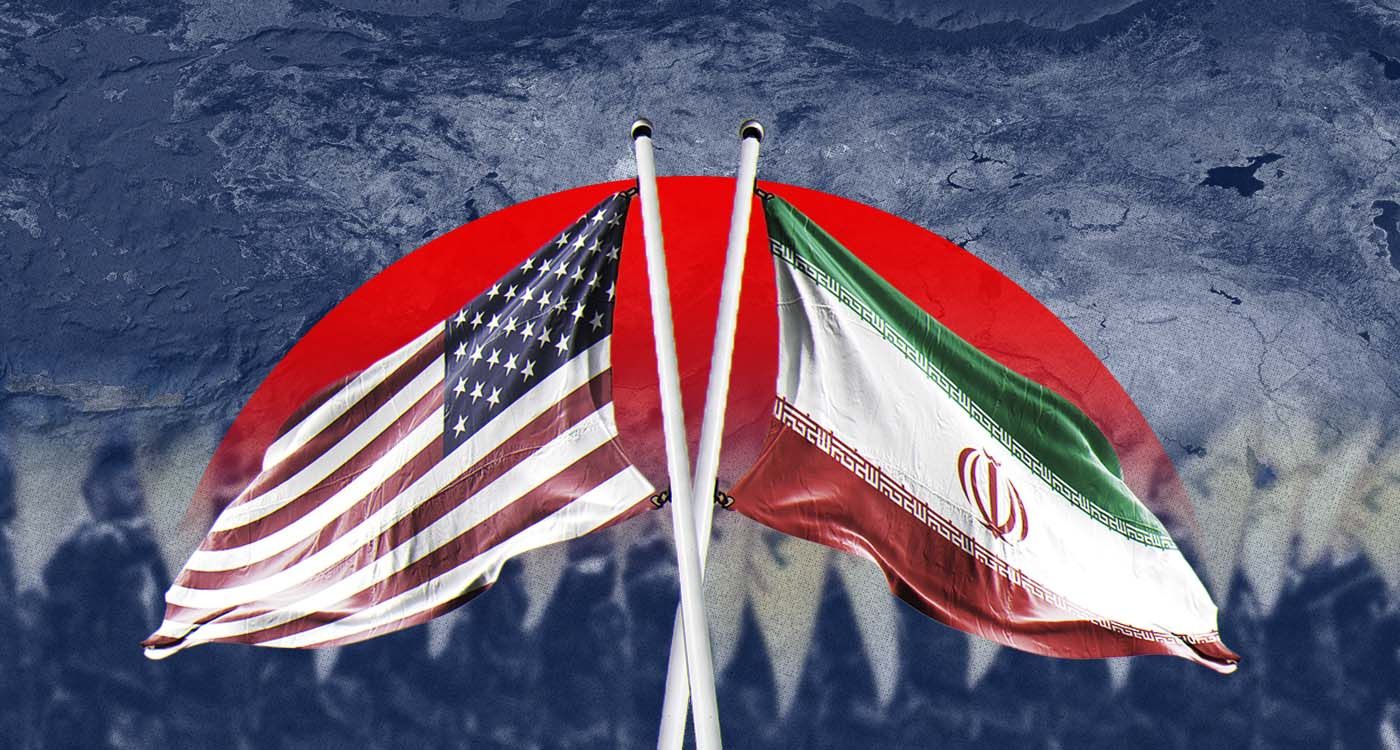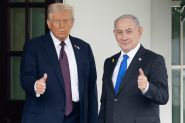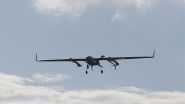
For the past 34 years, Hezbollah’s weapons have remained a central point of contention both domestically and internationally. On September 30, 1989, Lebanon’s political factions convened in Taif, Saudi Arabia, and signed the National Accord, known as the Taif agreement, to end the devastating 15-year civil war. One of the key provisions outlined a security plan for reasserting state authority within a year, involving the disarmament of all Lebanese and non-Lebanese militias, with their weapons to be handed over to the state within six months of ratification.
A lawmaker who participated in the Taif meetings recalls that most factions complied. The Progressive Socialist Party returned its weapons to the state and partly to Syria; the Lebanese Forces sold theirs to a European country; and the Amal Movement handed over its arms to Syria. Only Hezbollah retained its arsenal, under Syrian protection—despite Damascus being tasked with overseeing implementation—on the grounds that it had not participated in the civil war. Thus, the Iranian-supplied arms remained under Syrian command, justified under the label of “resistance,” even though the Taif Accord made no reference to such a role.
Years later, following the Doha Agreement, which was reached after the May 7, 2008 clashes, Hezbollah and its allies gained what amounted to de facto veto power in government. Notably, the agreement did not grant Shiites an exclusive hold over the Finance Ministry, contrary to what some Hezbollah officials have claimed. The Doha deal also stipulated that all parties “commit to refraining from the use of weapons.”
In the aftermath, President Michel Suleiman established a National Dialogue Committee to pursue reforms and implement Taif. The committee endorsed the Baabda Declaration and received from Suleiman a draft defense strategy that proposed confining all arms to state control. However, Hezbollah and its allies in the March 8 bloc boycotted the dialogue, effectively stalling it.
When President Michel Aoun was finally elected after a two-and-a-half-year presidential vacuum—largely due to Hezbollah’s insistence on his candidacy—he neither proposed a defense strategy nor formed a dialogue committee, reportedly at Hezbollah’s request. Aoun justified this by claiming the government itself served as a forum for political dialogue. Later, under international pressure to implement Taif and limit arms to the state, Aoun promised to pursue a defense strategy after the 2022 parliamentary elections. Nonetheless, the strategy never materialized—once again, due to Hezbollah’s opposition.
According to a Western diplomat, the fate of Hezbollah’s weapons lies squarely in Tehran’s hands. The key question now is whether the time has come for the state to reclaim its monopoly on arms—and for Hezbollah to transition fully into a political party—as a way for Iran to safeguard its regime’s survival. Inside the party itself, opinions are inconsistent: some say the dialogue should focus on the process rather than disarmament; others express openness to talks; a third camp sees dialogue merely as a forum to discuss strategies against Israel. In essence, critics argue Hezbollah uses dialogue as a stalling tactic.
Hezbollah’s record reinforces this skepticism. Since the first National Dialogue table convened in 2006, following the assassination of former Prime Minister Rafik Hariri, the party has consistently resisted any binding outcomes. Many observers believe Hezbollah’s endgame is to legitimize its arms—much like Iraq’s Popular Mobilization Forces—through any forthcoming defense strategy.
This is why Hezbollah’s opponents reject both dialogue and discussions of a national strategy, instead demanding the party fulfills its obligations under the Taif Accord, the Lebanese constitution, and international resolutions—especially UN Resolution 1701 and the US-French brokered ceasefire in South Lebanon. The legal position is clear: all weapons must be handed over to the state, which alone has the authority to bear arms.
Both President Joseph Aoun’s oath of office and subsequent ministerial statements emphasized the state’s exclusive right to arms, the need to secure and demarcate its borders in all directions, and adherence to the 1949 armistice agreement with Israel. Sovereign forces now call on Hezbollah to follow the lead of Iran-backed Iraqi factions, who recently handed over their weapons after realizing Tehran was distancing itself from them in preparation for direct talks with Washington in Oman—even as Iran’s Supreme Leader warned that negotiating with the US was “unwise.”
Political sources revealed that Morgan Ortagus, Deputy US Special Envoy to the Middle East, secured important commitments during her recent visit to Beirut. Most notably, she reportedly obtained Speaker Nabih Berri’s agreement to oversee the disarmament process and facilitate the completion of Lebanon’s land border demarcation with Israel. Speaking from Abu Dhabi, Ortagus expressed “optimism about Berri’s role in the next phase.”
A US delegation member disclosed that Lebanese officials had pledged Hezbollah would hand over its arms. President Aoun, for his part, took it upon himself to “find a suitable exit strategy,” reportedly coordinating closely with Speaker Berri. The issue is expected to be discussed in a Cabinet session soon—prior to Ortagus’ third visit to Beirut and ahead of the parliamentary elections, in order to ensure that the weapons issue does not distort the electoral outcome. For this reason, the opposition insists the disarmament must take place before election day.
Sources confirm that the time for negotiations has passed: there will be no dialogue table and no new defense strategy. Moreover, Israel will not withdraw from the five hills it occupies along the border unless Hezbollah first disarms.
For now, Hezbollah officials are attempting to “buy time,” pending the outcome of the Oman-mediated US-Iranian meetings set to resume next Saturday. However, a Western diplomat warned that the Trump administration is serious about forging regional peace—either through diplomacy or force. Should the military option prevail, the consequences would be severe, with Iran bearing a heavy price.
As one Western diplomat put it: “We may be witnessing a new Yalta—a redrawing of the global political map, starting in the Middle East.”




Comments